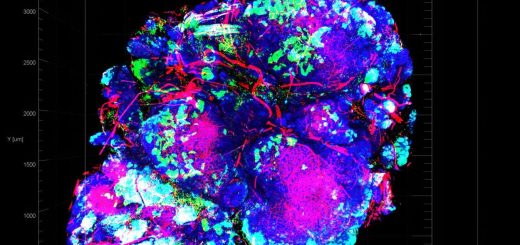Orcas are bringing humans gifts – what does it mean?
Researchers have documented orcas seemingly gifting rays, seals and fish to scientists and divers, which could suggest they have theory of mind and engage in altruism – even across species
By Marina Wang
30 June 2025
An orca attempting to share food with a researcher holding a camera
Orca Research Trust
Orcas have been seen appearing to gift dead prey to humans, which may be a sign that they engage in altruism and can recognise sentience in other species.
Jared Towers at marine research firm Bay Cetology was filming a pod of orcas as they snacked on seabirds in Alert Bay, Canada, when he made the discovery. Two of the whales, Akela and Quiver, approached Towers with birds clutched between their jaws. Akela, a young female, released the dead bird in front of Towers and lingered for a moment, as if to watch what he would do. Quiver, Akela’s little brother, did the same, dropping the bird and waiting.
Stunned, Towers watched as the two whales then grabbed the prey again and swam away. “I remember thinking, did that just happen?” he says. This event in 2015 and another in 2018, in which a young female orca presented Towers with a harbour seal pup, inspired him to document cases of killer whales attempting to share prey with humans.
Read more
Orcas scrub each other clean with bits of kelp
He interviewed others who had had similar experiences, identifying another 32 cases from between 2004 and 2024. These include a young male orca in New Zealand named Funky Monkey repeatedly approaching a researcher with a long-tailed stingray draped over its head, and a killer whale in Norway seemingly gifting jellyfish to a diver. In all, 18 different prey species were offered, including blubber from a grey whale, seals, jellyfish, birds, an otter, rays, a starfish and a turtle – plus a strand of seaweed.
This behaviour has previously been seen within orca pods. “They live in very close-knit, complex, social societies and share prey throughout their entire lives,” says Towers.


